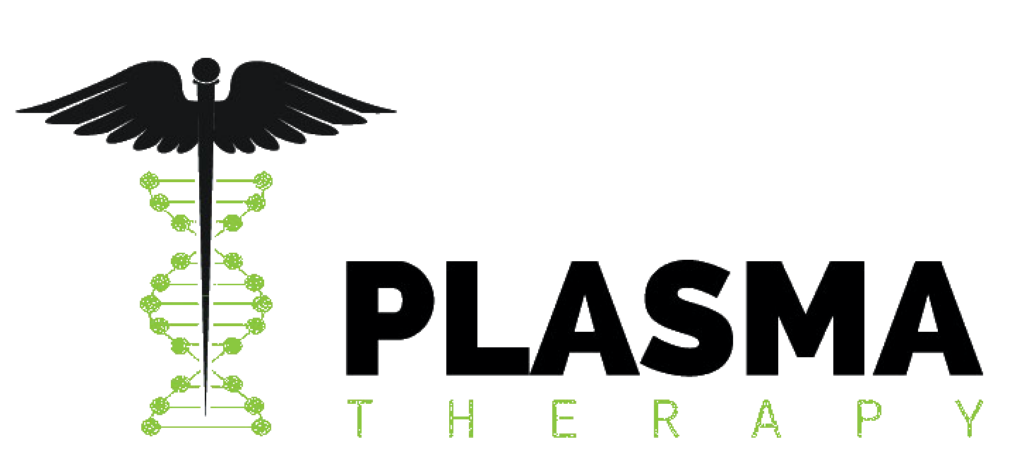As a long-term plasma donor, you want to understand the potential health risks associated with frequent plasma donations. One concern for some donors is the possibility of developing a blood clot after donating plasma. While the risk is typically very low, it is important to be aware of the factors that can increase your risk of clot formation and the steps you can take to reduce the likelihood of problems.
The Risk of Blood Clots After Donating Plasma
There is a small risk of blood clots associated with donating plasma. This is because the process of donating plasma involves removing a large amount of blood from the body, which can temporarily alter the body’s clotting mechanisms. In people who are already at risk for blood clots, such as those with a family history of clotting disorders or who are taking certain medications, the risk of developing a blood clot after donating plasma may be higher.
The risk of blood clots after donating plasma is very low, but it is important to be aware of the potential risks before donating. If you have any concerns about your risk of developing a blood clot, you should talk to your doctor before donating plasma.
Factors That Increase Your Risk
Here are some of the factors that may increase your risk of developing a blood clot after donating plasma:
- Age: The risk of blood clots increases with age.
- Gender: Women are more likely than men to develop blood clots.
- Family history: If you have a family history of blood clots, you are at an increased risk.
- Medical conditions: Certain medical conditions, such as cancer, heart disease, and obesity, can increase your risk of blood clots.
- Medications: Some medications, such as birth control pills and hormone replacement therapy, can increase your risk of blood clots.
If you have any of these risk factors, you should talk to your doctor before donating plasma. They can help you determine if donating plasma is safe for you.
Tips to Reduce Your Risk
Here are some tips to reduce your risk of developing a blood clot after donating plasma:
- Drink plenty of fluids before, during, and after donating plasma. This will help to keep your blood flowing and reduce the risk of clotting.
- Avoid sitting or standing for long periods of time after donating plasma. Get up and move around every 30 minutes or so.
- If you experience any symptoms of a blood clot, such as pain, swelling, redness, or warmth in your arm, or shortness of breath, dizziness, or chest pain, seek medical attention immediately.
By understanding the risks and taking appropriate precautions, frequent plasma donors can avoid potential complications like blood clots. However, if you have ongoing concerns or experience symptoms of a blood clot after donating, be sure to consult your physician. Your health and safety should be top priorities.


I got two blood clots in my lungs after donating plasma for a year and 8 months it was a very bad experience I was in a lot of pain and I am still hurting even though it was over a month and a half ago. And I keep feeling sick my arms and hands shake. They told me I could never donate again. So now I’m losing money I’m in pain and I feel sick all the time.